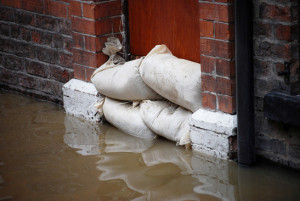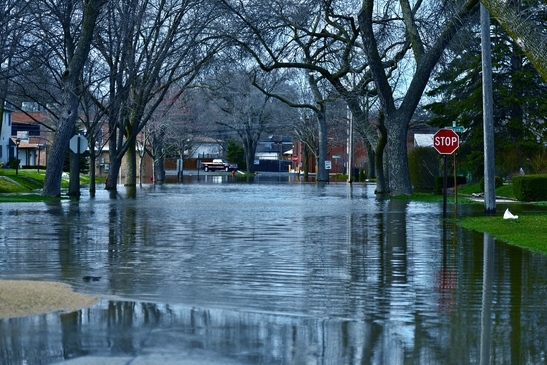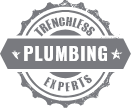A major storm might pass through your DFW neighborhood, and it drops several inches of rain in just an hour or more. Flooding from the rainfall or overflowing rivers is quite common in these situations. Although you may be concerned about your basement and ground floor being water damaged, there’s another structural issue that you should consider, your plumbing. A flood can also negatively affect your home plumbing. Take a look at what you should check after a flood and avoid any expensive plumbing repair costs that come from unattended issues.
 Stop and Look First
Stop and Look First
A flood inside your Dallas home is a scary and frustrating situation. Before you wade into the water on your ground floor or inside the basement, take a close look at any wires that might be in contact with the moisture. Electrical wiring floating in the water can be a shock hazard. The water conducts the electricity, and it can be extremely dangerous if you start walking in the water. Ideally, shut off the electricity to the entire home before wading into the water.
Clogged Drains
Your entire home is connected to a main water line that stretches outside of the structure. If outdoor drains become clogged, the main water line might be blocked as well. Water flowing through your faucets, toilets and showers may back up into the home because of the blocked conditions. Those outside drains must be unclogged of debris and other items before your plumbing can recover from the backup conditions. It’s critical to hire a professional sewer line repair technician for this job. Plumbing hidden in your yard can be several feet below the surface.
Pipes and Soil Weight
Austin and other parts of Texas are known for their clay soils. These materials hold water like a sponge. If flooding occurs on your property, the soil absorbs some of that moisture. As a result, the soil is heavier than normal. This weight displaces onto pipes in the ground. Your plumbing may crack under the pressure of the heavy soil. Professionals must repair any cracks to the plumbing and route floodwaters away from the property as a basic remedy.
Septic Tank Overload
Many households have septic tanks in their yards. These tanks temporarily hold wastewater as it’s treated and released into municipal channels. Flooding, however, can overcome your septic tank. Any water inside the tank could mix with floodwaters. If the water escapes the tank, the ground might be contaminated with wastewater. To avoid this scenario, perform yearly maintenance on your septic tank. Landscape your yard so that any water flows away from the tank and main house too. Contaminated soil and water is damaging to the local environment.
Foundation Shifting and Plumbing Concerns
Your home rests on a concrete pad called a foundation. The foundation rests on compacted dirt beneath it. If flooding occurs, the soil below the home is often saturated. This wet soil creates a fluid motion to the foundation. As a result, the concrete foundation cracks and shifts. Within the foundation, however, are plumbing pipes. As the concrete moves, the pipes shift and break as well. Professionals must come in and perform a foundation repair in Dallas homes. The pipes should be inspected as well. Repairing the foundation and ignoring the plumbing will only create larger repair bills in the future.

If you need any help with your water line repair in Fort Worth, Accurate Leak and Line can provide you with expert advice and services in neighboring cities. Our technicians are highly qualified individuals who deal with flooded buildings all the time. When any plumbing issues arise from flooded conditions, Accurate Leak and Line is your solution for a dry household.








